Description
What is Augmentin 1g?
Augmentin 1g is a prescription antibiotic used to treat a wide range of bacterial infections. Each tablet combines two active ingredients — amoxicillin (875 mg) and clavulanic acid (125 mg) — making it highly effective against bacteria that are resistant to standard penicillin-based drugs. The 1 g strength (also called Augmentin 1000 mg) is often prescribed for moderate to severe infections, providing strong coverage while remaining well-tolerated by most adults.
Manufactured under strict pharmaceutical standards, Augmentin is trusted worldwide by healthcare professionals for its broad-spectrum activity and ability to fight bacteria that produce β-lactamase (an enzyme that normally resists simple penicillins).
What is Augmentin 1000 mg Used For?
Doctors commonly prescribe Augmentin 1 g to treat:
- Respiratory infections – sinusitis, bronchitis, pneumonia
- Ear, nose, and throat infections – tonsillitis, otitis media
- Urinary tract infections (UTI) – including complicated cases
- Skin and soft tissue infections – cellulitis, abscesses, wound infections
- Dental infections – severe tooth abscesses or gum infections
- Bone and joint infections – osteomyelitis, septic arthritis
Because of its amoxicillin + clavulanate combination, Augmentin remains effective where many regular antibiotics fail.
How Augmentin 1 g Works
- Amoxicillin is a penicillin-type antibiotic that stops bacteria from building protective cell walls, causing them to die.
- Clavulanic acid protects amoxicillin from bacterial enzymes called β-lactamases, making the drug work even against resistant strains.
This powerful combination ensures reliable results in infections where simple penicillins or amoxicillin alone might fail.
How to Take Augmentin 1000 mg and Dosage Guidelines
- Typical adult dose: One Augmentin 1 g tablet twice daily (every 12 hours), taken with food to reduce stomach upset.
- Always swallow the tablet whole with water.
- Complete the full prescribed course — even if you feel better — to prevent bacterial resistance.
- Do not skip doses or stop early unless advised by your doctor.
- Adjustments may be required for people with kidney or liver impairment — consult your healthcare provider.
Never self-medicate or change your dose without professional advice.
Other Dosages
- Augmentin 375mg
- Augmentin 625mg
Benefits of Augmentin 1g Tablet
- Broad spectrum coverage: Works on a wide range of infections, including resistant bacteria.
- Fast and reliable action: Many patients feel better within 2–3 days of proper use.
- Trusted and well studied: Used globally for decades with strong clinical data.
- Convenient twice-daily dosing: Easier to follow compared to multiple daily doses.
These benefits make Augmentin 1000 mg a go-to choice when doctors need a strong oral antibiotic.
Side Effects
Like all medicines, Augmentin 1g can cause side effects, although not everyone experiences them. The most reported include:
- Mild: Diarrhea, nausea, vomiting, stomach pain, headache.
- Occasional: Skin rash, yeast infection, mild liver enzyme changes.
- Serious but rare: Severe allergic reaction (swelling, difficulty breathing), jaundice, persistent diarrhea (possible C. difficile infection).
Seek immediate medical help if you experience rash, swelling, or breathing problems.
Safety Tips and Advice
- Take Augmentin 1g with food to minimize stomach upset.
- Stay well hydrated to reduce kidney strain.
- If you develop severe diarrhea, stop the medication and consult your doctor.
- Do not take it if you are allergic to penicillins or cephalosporins.
- Inform your doctor about all other medicines you use (especially blood thinners, methotrexate, and allopurinol).
Warning, Precautions, and Interactions
- Pregnancy & breastfeeding: Generally considered safe when prescribed, but always consult your doctor.
- Liver/kidney disease: Dose adjustment may be necessary.
- Drug interactions: May affect birth control pills, anticoagulants (warfarin), or cause increased side effects with alcohol abuse.
- Avoid unnecessary alcohol while on antibiotics — it can worsen stomach upset and slow recovery.
Storage
- Store at room temperature below 25°C in a dry place, away from direct sunlight and moisture.
- Keep out of reach of children.
- Do not use expired tablets — check the expiry date on the pack.
Why Buy From Us
We offer authentic, pharmacy-grade Augmentin 1g sourced from trusted suppliers. Our platform ensures:
- Competitive pricing with discreet shipping.
- Secure online ordering for peace of mind.
- Customer support to help with dosage and usage questions.
- Verified Augmentin reviews from real buyers for informed decisions.
If you’re looking to buy Augmentin online, always choose a reputable source to ensure genuine, safe medication.
FAQs
1. How does Augmentin 1 compare to regular amoxicillin?
Augmentin 1 g combines amoxicillin (875 mg) with clavulanic acid (125 mg), making it stronger than plain amoxicillin. The clavulanate protects the antibiotic from bacterial enzymes that cause resistance, helping treat infections that may not respond to amoxicillin alone.
2. Can I take Augmentin 1000 mg twice a day for all infections?
No. The typical adult dose is one Augmentin 1 g tablet every 12 hours, but the exact duration and frequency depend on the type and severity of infection. Some infections require higher or lower doses, so you should follow your doctor’s prescription.
3. What foods or drinks should I avoid while on Augmentin?
Take Augmentin 1 g with food to reduce stomach upset. Avoid heavy alcohol use, as it may worsen side effects like nausea and delay recovery. No specific foods cancel its effect, but eating balanced meals helps tolerance.
4. Does Augmentin cause antibiotic resistance if misused?
Yes. Stopping Augmentin early or taking it unnecessarily can allow bacteria to adapt and become resistant. Always complete the full course and only use it when prescribed by a healthcare professional.
5. Can Augmentin 1g be used for dental infections?
Yes. Dentists often prescribe Augmentin 1000 mg for severe tooth abscesses or gum infections because it fights resistant oral bacteria. However, dosage and duration should be decided by your dentist.
6. Is it safe to buy Augmentin 1g online?
Yes — but only from licensed, verified pharmacies. Buying from unregulated sources can lead to counterfeit or unsafe antibiotics. Look for secure payment, verified reviews, and prescription requirements when purchasing online.
7. What should I do if I experience severe diarrhea on Augmentin?
Stop taking the medication and contact your doctor immediately. Severe diarrhea could be a sign of C. difficile infection, a rare but serious side effect. Do not self-treat with anti-diarrheal drugs without medical advice.
Conclusion
Augmentin 1g (1000 mg) is a trusted, broad-spectrum antibiotic that combines amoxicillin and clavulanic acid to fight even resistant bacterial infections effectively. It’s widely prescribed for respiratory, dental, urinary, and skin infections due to its proven strength and reliable results. When taken at the correct dose and for the full prescribed duration, it helps patients recover quickly and prevents the spread of resistant bacteria.
If you’re planning to buy Augmentin online, always choose a licensed pharmacy to ensure authenticity and safety. Never self-medicate — consult your healthcare provider for proper dosing and to avoid interactions or unnecessary side effects.
Used responsibly, Augmentin 1g remains one of the most dependable and powerful antibiotics for tackling challenging infections while supporting fast, safe recovery.
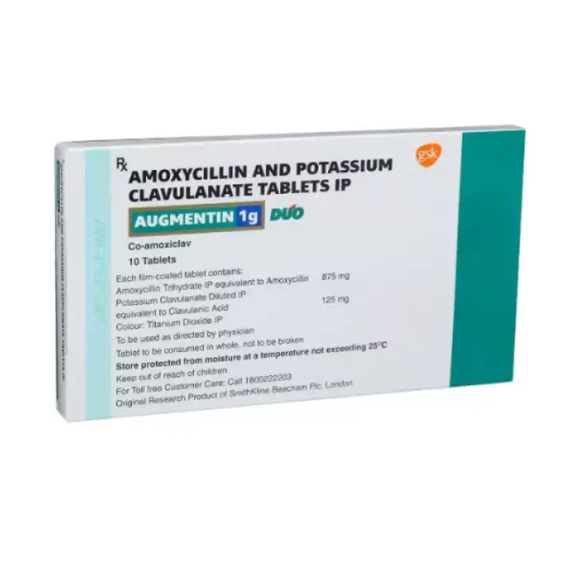
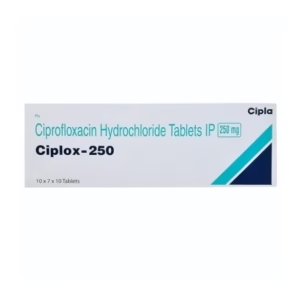
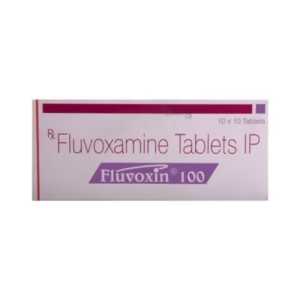
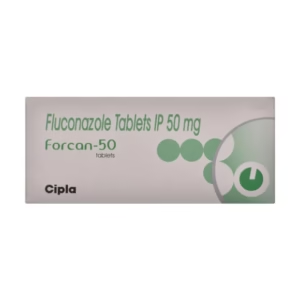
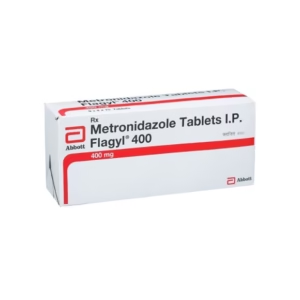
Reviews
There are no reviews yet.